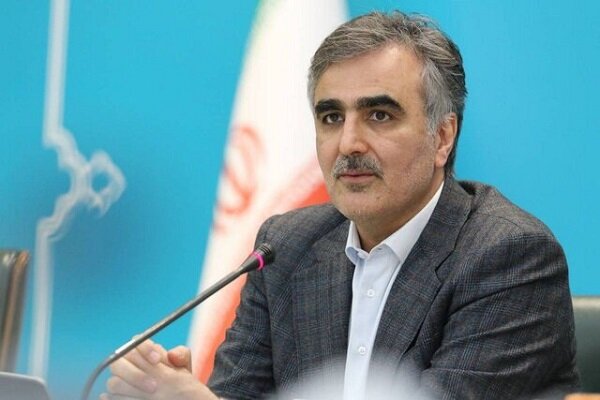
Similar Posts
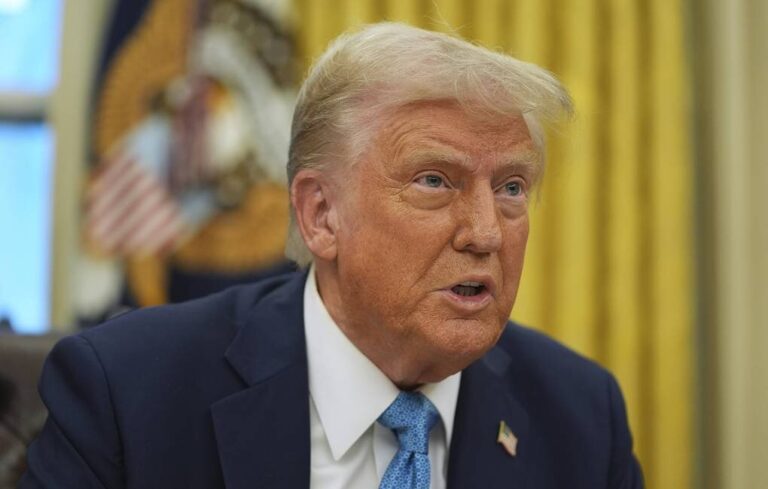
Trump’s March Metal Tariffs: No Exemptions Announced!
President Trump has announced a 25 percent tariff on all steel and aluminum imports, aimed at revitalizing American manufacturing and addressing perceived unfair international trade practices. During a White House press conference, he stressed the importance of domestic production for the nation’s future, declaring that American industries must return. The tariffs will apply universally, with no exemptions, as part of a broader strategy to strengthen the U.S. economy. While supporters see this as crucial for local manufacturers, critics warn of potential price increases and retaliatory actions from trade partners. The long-term effects on various industries remain to be seen.
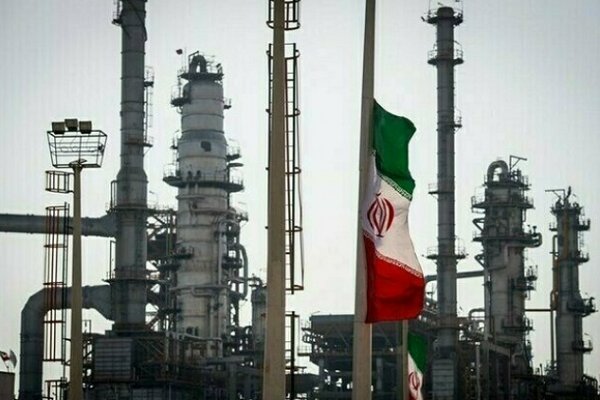
Iran-China Oil Trade Soars as Traders Find Ways Around US Sanctions
In February, Iranian crude oil exports to China surged to approximately 1.74 million barrels per day, an 86% increase from January and the highest level since October, according to Kpler Ltd. Factors contributing to this rebound include increased ship-to-ship transfers and the use of alternative receiving terminals, which help bypass traditional routes amid US sanctions. China remains the largest consumer of Iranian oil, with independent refiners, known as “teapots,” playing a key role in absorbing these imports. Industry experts are monitoring the evolving dynamics of this trade, influenced by geopolitical factors and regulatory pressures, with cautious optimism for future exports.
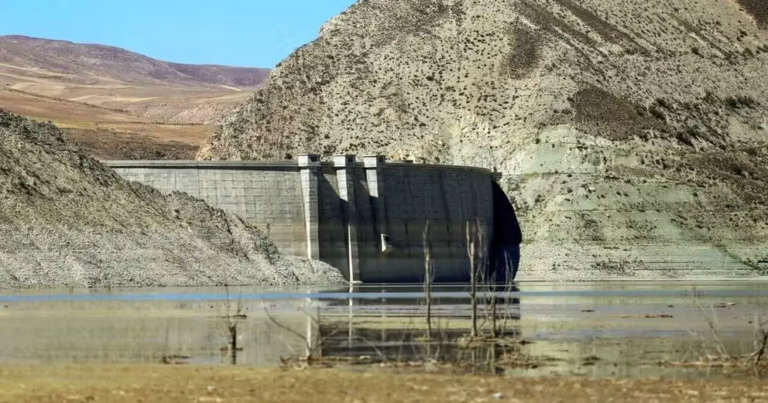
Iran Faces Looming Crisis as Water Reserves Dwindle: Urgent Measures Needed!
Iran is facing a severe water crisis, with key reservoirs, including the Karaj Dam, nearing critical low levels due to years of declining rainfall and excessive reliance on hydropower. As of now, Karaj’s usable capacity has dropped to about 50%, while other dams like Lar and Mamloo are nearly empty. Tehran’s water demand has reached 50 million cubic meters monthly, with total reserves at only 60 million. The situation is further aggravated by a 50% rainfall decline in several provinces. Experts warn that Iran’s heavy dependence on hydropower, coupled with ongoing drought, could lead to even more severe shortages by 2025.
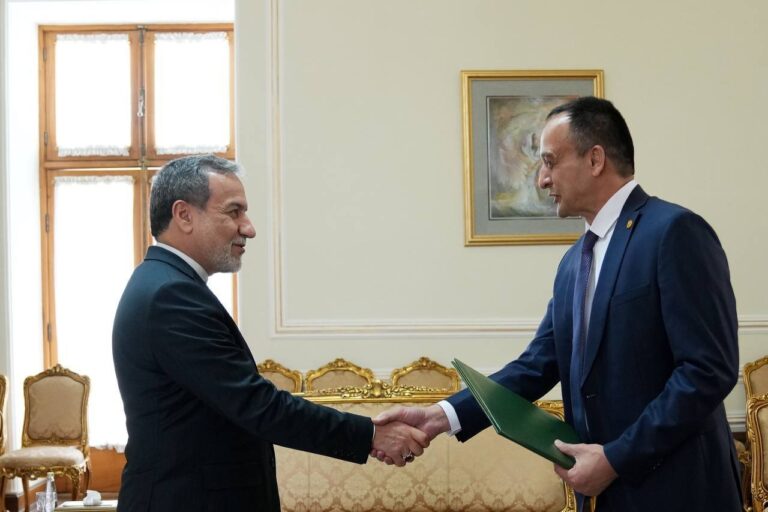
FAO’s New Envoy Delivers Credentials to Foreign Minister Araghchi: A Step Towards Global Cooperation
Mr. Farrukh Toirov has been appointed as the FAO Representative to Iran, marking a pivotal step in agricultural collaboration. With over 20 years of experience in international development, Toirov aims to enhance Iran’s agricultural sector by focusing on agricultural productivity, sustainable practices, food safety, natural resource management, and climate change mitigation. Officially starting his tenure on May 25, 2025, after presenting his credentials to Foreign Minister Seyed Abbas Araghchi, Toirov’s leadership is expected to foster partnerships that improve food security and sustainable agriculture. His extensive background positions him to effectively address Iran’s agricultural challenges and opportunities.
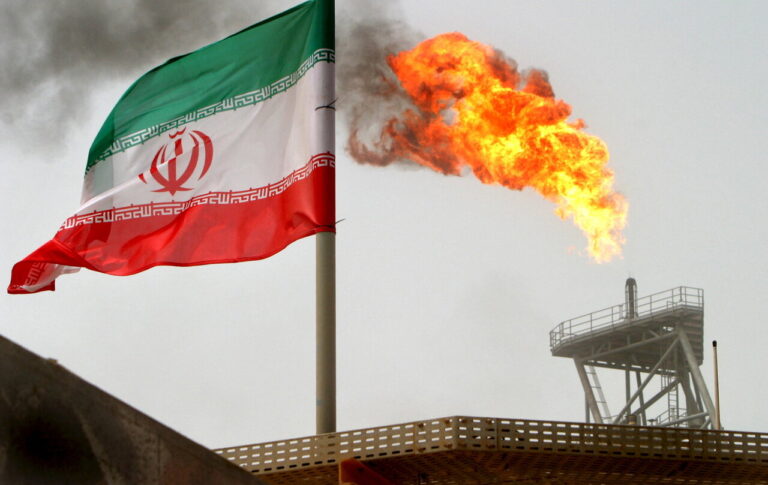
Iran’s Bold Response to New US Sanctions Targeting Oil Minister
Recent US sanctions on Iranian oil trade have intensified tensions, prompting a strong reaction from Iran’s Foreign Ministry. Spokesperson Esmaeil Baghaei condemned the sanctions, which target individuals and entities linked to Iranian oil in China, as evidence of US hostility towards Iran’s development. He criticized the US reliance on sanctions, labeling them as violations of international law. Despite these pressures, Iran asserts its commitment to independence and continues to sell oil through various means. The sanctions, part of Trump’s maximum pressure strategy, complicate ongoing negotiations regarding Iran’s nuclear program and highlight the intricate dynamics of international trade laws.
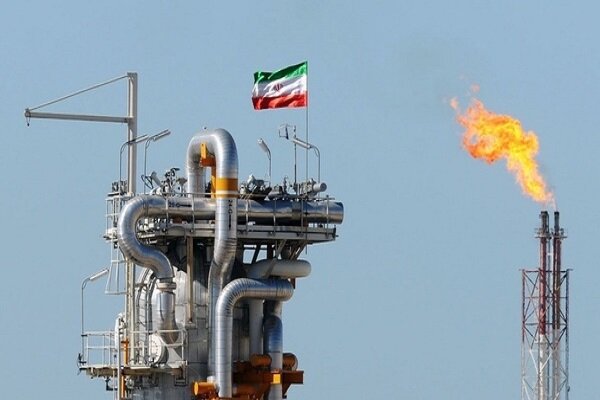
Iran Launches Gas Production from First Infill Well at South Pars: A Major Energy Milestone
Touraj Dehghani, CEO of Pars Oil & Gas Company, announced the launch of a new well in Phase 12 of the South Pars gas field, aimed at boosting Iran’s gas production. This well will add 2 million cubic meters (mcm) of gas daily, part of a plan for 35 infill wells to increase efficiency. With two additional drilling rigs deployed, total output is expected to rise by 36 mcm per day, up from the current 716 mcm. The Iranian government has contracted four domestic firms for pressure-boosting projects worth $17 billion, reinforcing its commitment to enhancing energy infrastructure amid rising demands.